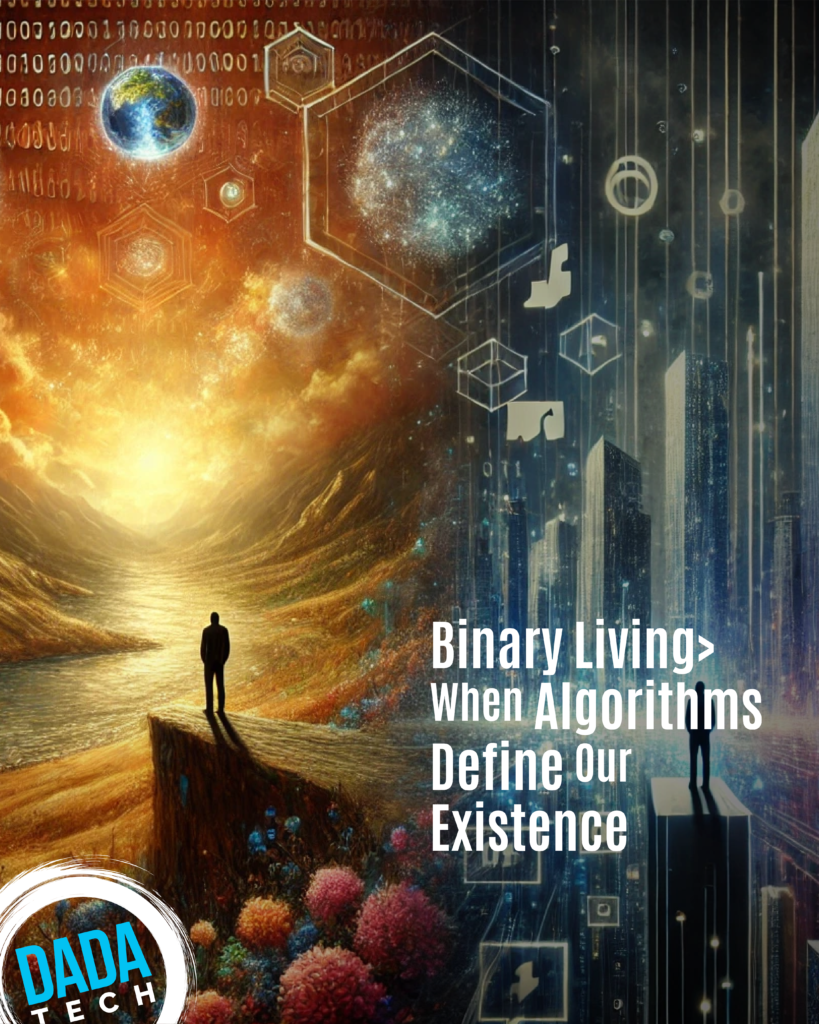In today’s increasingly dystopian world, society is consumed by an unrelenting pursuit of success, a fire that blazes through the core of human experience. This drive for achievement burns with such intensity that it erodes the very foundations of passion, mastery, and self-discovery, leaving behind an empty husk where once there was depth and meaning.
We no longer seek fulfillment through exploration or growth, but instead, we find ourselves clinging to the words and visions of the tech titans—figures like Jeff Bezos, Elon Musk, Sam
Altman, and Mark Zuckerberg. These billionaires, who have mastered the art of leveraging technology for unprecedented wealth, now guide the trajectory of the future. Yet, as we elevate them to near-mythical status, intellectuals, poets, and change-makers such as Noam Chomsky, Maya Angelou, James Baldwin, Arundhati Roy, Tim Berners-Lee, and Jennifer Doudna are relegated to the footnotes of history. Their contributions, rich with nuance and insight, are left behind in a world more interested in fleeting digital trends than in deep, meaningful engagement.
But not to worry, because we are told that artificial intelligence (AI) will save us.
AI will supposedly take the collective wisdom, passion, and knowledge of these visionaries and compress it into easily consumable data, reducing entire lifetimes of thought into seven-second sound bites. These fragments of once-profound ideas are served to us on generative platforms in carefully sanitized, inoffensive packages—an intellectual fast food to be consumed on the next billion-dollar antisocial social media app.
The Death of Nuance in a Binary World
In this emerging digital landscape, nuance has no place. We live in a world that has become increasingly binary—everything is either black or white, rich or poor, in or out, success or failure. The complex gray areas that once defined the human experience have been swallowed up by a mindset obsessed with winning and losing, simplifying the intricacies of life into digital zeros and ones.
This binary thinking permeates every aspect of our lives. We no longer pursue education to enrich our understanding of the world, but to secure high-paying jobs. Learning, once a noble pursuit, is reduced to a transactional exchange. Discovery is replaced by the search for material gain. Investment is no longer about belief in an idea or supporting innovation; it is about grabbing a slice of the pie before someone else does. Even our collective defense systems—once designed to protect life—are now used to justify the destruction of others to safeguard the singular “right” way of living.
The Spectacle of Success: Where Dreams Go to Die
We live in a time where dreaming has become obsolete. Why dream when we can spend endless hours watching others achieve their dreams? Reality, or at least a curated version of it, is now sold to us through endless streams of content. It doesn’t matter if it’s scripted or manufactured; what matters is that it feels real enough. Genuine reality has become mundane, requiring too much effort, too much investment. Instead, we seek the ease and comfort of the Instagram lifestyle—perfectly staged moments that require no thought, no reflection, only consumption.
In our digital isolation, we become disconnected not only from each other but from ourselves. Success is no longer a path to fulfillment but a desperate attempt to fill a void. It’s an insatiable hunger for more—more likes, more shares, more validation. The more we achieve, the more we lose ourselves. We become trapped in an endless loop of doing more to get more, all the while feeding an internal black hole that devours the light of who we truly are.
The Human Cost of Capitalism’s Digital Revolution
The pursuit of success at all costs has profound consequences. Instead of building lives rich with experience, discovery, and genuine connection, we devote years to climbing the career ladder. But in doing so, we sacrifice the simple joys of living. We forgo the richness of human connection, the pleasure of curiosity, and the beauty of self-expression. Everything is subsumed by the need to succeed.At the same time, “innovative” companies spend billions of dollars to bring us mobile gaming, streaming services, and digital convenience. But behind every shiny new tech product is a darker reality: entire populations, such as those in the Democratic Republic of Congo, are forced into inhumane conditions to extract the cobalt that powers our devices. These workers scrape by, earning barely enough to survive while the rest of the world enjoys faster internet and streaming on the go. We trade human suffering for technological progress without a second thought.
Pixels Over People: A System That Chooses Winning Over Living
Every day, the capitalist machine chooses pixels over people. The obsession with winning—whether it’s in the marketplace or on social media—drives us deeper into a binary abyss. Here, our lives are governed by algorithms, and our worth is measured in dollars, likes, and shares. Our identities are no longer defined by who we are but by how much digital engagement we generate.This digital perfection comes at a cost. We are drowning in an endless deluge of content, reduced to mere data points in a system that values engagement over humanity. As we chase the dopamine rush of online validation, the world around us reels from environmental destruction, social inequality, and mental health crises.
Facing the Future: Where Do We Go from Here?
With no hero on the horizon and no savior to rescue us from this digital spiral, we are left to confront the reality of the moment. We cannot return to a simpler, forgotten past, nor can we leap blindly into an uncertain future. All we have is the shared reality of the present and the choices we make moving forward.But the stakes have never been higher. The decisions we make today will shape the world of tomorrow. Our humanity, our values, our planet—all hang in the balance.
Conclusion: Rekindling the Human Spirit
The world has reached a critical point. We stand on the precipice, teetering between a future dominated by pixels and algorithms or one that reclaims the richness of human experience. The time has come to question the systems that place winning over living, success over connection, and pixels over people.We must decide if we will continue to be passive consumers in a world dictated by digital validation, or if we will reclaim our humanity, embracing the messy, nuanced, and deeply fulfilling aspects of life that cannot be captured in a social media post or measured by a like button.
The future may be uncertain, but one thing is clear: the price of our humanity is too high to ignore.


